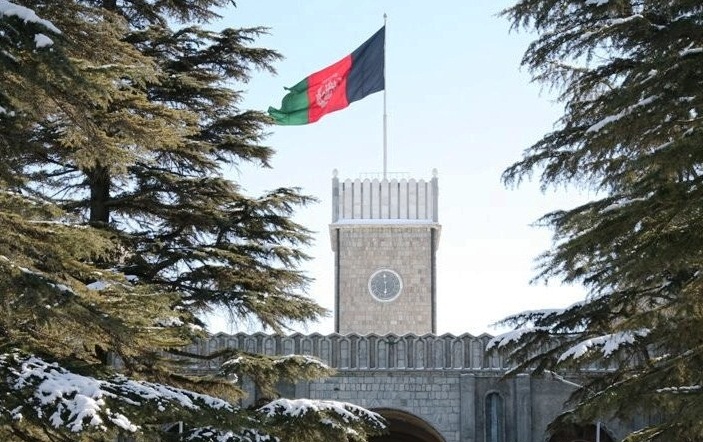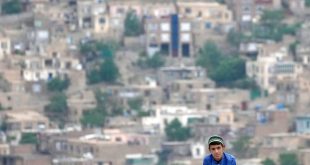For nearly 10 months, President Ashraf Ghani and his Chief Executive Abdullah remained at loggerheads over making up of the electoral reform commission. Now that it has been formed yet there is a new issue. This commission has submitted a list of proposals to the President and the Chief Executive, yet some of the social society activists look still concerned and want inclusion of some more proposals. The Afghanistan Civil Society Election Network (ACSEN) on Tuesday floated its own list of proposals before the commission and questioned the effectiveness of the proposals already submitted by the commission. The civil society activists said the electoral reforms body should have shared the proposals with the people of the country before submitting the list to the government for a final decision. The chief of the commission said they had visited 7 of the 34 provinces and picked the views and proposals of over 2,000 people on electoral reforms. He also adds the proposals floated by ACSEN have already been included in their already submitted proposals. Now that the commission has submitted the list of proposals, is this the end? Will the two leaders agree to the proposals while avoiding the bickering, which caused delay of the parliamentary elections? Soon after the submission of the proposals, some of the reactions showed their no quick end to the troubled reform process and the stalemate doesn’t come to an end seemingly. So, the government still looks to remain in crisis. Some of the proposed reforms’ legality has already come under question. Moreover, the government also looks under stress and strain in matter of electronic identity (e-ID) cards and the Afghan-word contention. There are some elements who have long been trying to create ethnic tensions and if the government bows down before their pressure tomorrow even they will come out in full ask for the re-naming of the country as they have sensitivity with word of Afghanistan. The story wouldn’t end here as they will not hesitate from changing the name of our national currency “Afghani”. If such demands start emanating from these elements, will the government compromise and start issuing currencies with different names? The government must take a bold decision and settle the issue once and for all. Yesterday, protestors in Paktiya province took to the street and urged the government to include the word of “Afghan” in the e-ID cards. They warned if the government fails in putting the words of Afghan and Islam, they wouldn’t accept the e-ID cards. The government must realize that this is just the tip of the iceberg. Since the president himself is a highly learned man, he must have gone through the pages of British history somewhere in his academic career. And he must have come across the two names, Winston Churchill, a man who saved the British from humiliation and defeat. And he must have also come across the name of Neville Chamberlain a man who pushed the British in the war (1940) against Germany but soon showed himself to be ill-equipped for the daunting job of saving Europe from Nazi conquest. In 1938, Prime Minister Chamberlain signed the Munich Pact with Adolf Hitler, giving Czechoslovakia over to Germany while asking for peace in return. Peace was blown apart by Hitler’s invasion of Poland in 1939 and Chamberlain declared war on Germany but during the next eight months he failed to stand for the liberation of Europe. The British forces failed in staving off Germany from occupying Norway in April 1940 and consequently, Chamberlain lost the support of many members of his Conservative Party. Holland, Netherlands and Belgium were attacked on May 10. And the same day Chamberlain lost the confidence of the House of Commons. Winston Churchill replaced him. And what followed afterwards is something that makes the British proud even today.
Churchill forged an all-party coalition and immediately won the popular support of Britons. In his first speech before the House of Commons, on May 13, Prime Minister Churchill declared that he had nothing to offer but blood, toil, tears, and sweat. He outlined his bold plans for British resistance. In the first year of his administration, Britain stood alone against Nazi Germany, but Churchill promised his country and the world that the British people would “never surrender.” They never did. Currently Afghanistan needs a leader of his caliber. Is there any Afghan Churchill?
 Afghanistan Times
Afghanistan Times


